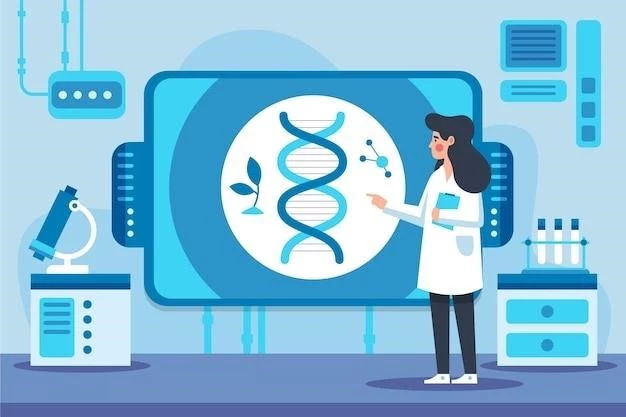Understanding Chromosome 1 Monosomy
Understand the causes n symptoms of Chromosome 1 Monosomy and diagnostic testing.
Causes of Chromosome 1 Monosomy
Chromosome 1 Monosomy can be caused by genetic mutations or deletions in chromosome 1. Environmental factors may also play a role in this condition’s development.
Symptoms of Monosomy 1q4
Common symptoms of Monosomy 1q4 may include developmental delays, intellectual disabilities, facial abnormalities, growth retardation, and heart defects. Additional features such as vision or hearing problems may also be present.
Diagnostic Approaches for Monosomy 1q4
Learn about the diagnosis and testing methods used to detect Monosomy 1q4.
Diagnosis and Testing for Monosomy 1q4
Diagnosing Monosomy 1q4 involves genetic testing, chromosomal analysis, and specialized tests to confirm the presence of the missing portion of chromosome 1. These diagnostic approaches help in accurately identifying this chromosomal abnormality.
Treatment Strategies for Chromosome 1 Monosomy
Explore the various treatment options available for managing Chromosome 1 Monosomy.
Treatment Options for Chromosome 1 Monosomy
Management of Chromosome 1 Monosomy focuses on addressing specific symptoms and providing supportive care. Therapies may include early intervention programs, educational support, physical therapy, speech therapy, and medical interventions to manage associated health issues.
Prognosis and Support for Monosomy 1q4
Learn about the prognosis and available support for individuals with Monosomy 1q4.
Prognosis and Life Expectancy with Monosomy 1q4
The prognosis for Monosomy 1q4 varies based on the severity of symptoms and individual health factors. Regular monitoring and appropriate medical interventions can help improve the quality of life and enhance life expectancy for individuals with this chromosomal abnormality.
Research and Support for Monosomy 1q4
Discover the latest research findings and available support networks for Monosomy 1q4.
Research and Advances in Monosomy 1q4
Ongoing research is focused on understanding the underlying mechanisms of Monosomy 1q4 and developing novel therapies to improve outcomes. Advances in genetic technologies and precision medicine offer promising avenues for the future management of this rare chromosomal disorder.

Support and Impact on Families
Explore the impact of Monosomy 1q4 on families and discover available support resources.
Support and Resources for Individuals with Chromosome 1 Monosomy
Individuals with Chromosome 1 Monosomy can benefit from support groups, counseling services, informational resources, and advocacy organizations dedicated to helping them navigate the challenges associated with this genetic condition.
Impact on Families and Caregivers of Monosomy 1q4
The impact of Monosomy 1q4 on families and caregivers can be significant, requiring emotional support, access to specialized care services, and educational resources to assist them in caring for affected individuals and managing the challenges associated with this chromosomal disorder.
